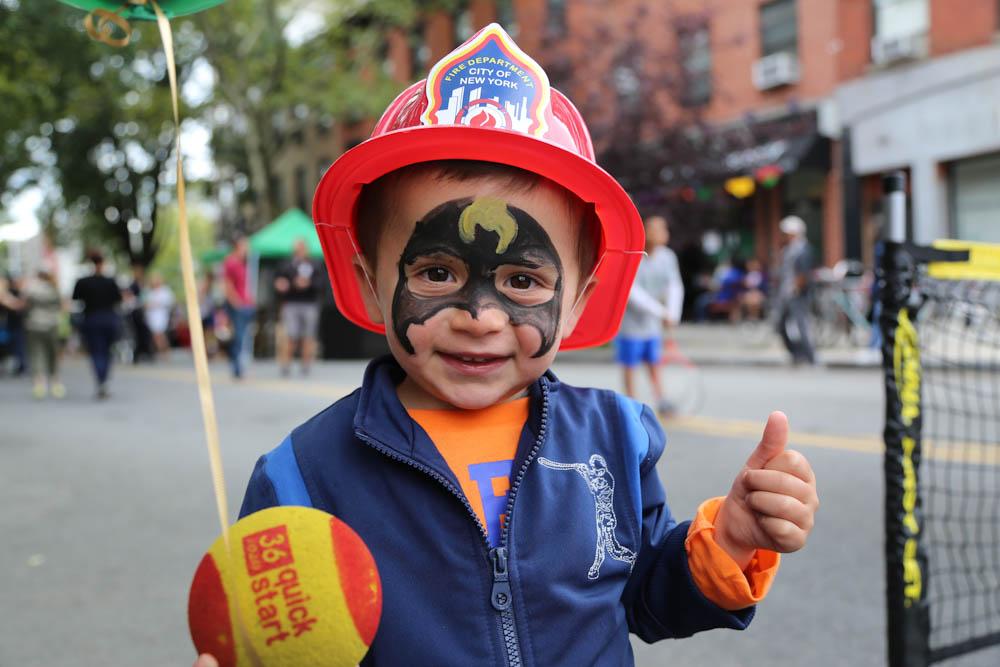BEIJING – Less than $4,000–Americans spend more per capita a year on pet food.
But that’s how much doctors estimate it will cost to operate on Tang Hailong, 12, left in a near vegetative state after an chunk of ice fell on him four years ago outside his school in the far western Chinese region of Xinjiang.
His desperate parents lack the money. His mother, Jiang Ruiping, is a laid-off worker from a state-owned company with a pension of just 400 yuan ($50) a month.
His father, Tang Shenghua, used to run a small restaurant in the regional capital, Urumqi, but had to give up work to look after his son.
“We’ve been everywhere looking for help,” said Tang, sitting in a dank room in a cheap hotel, a stone’s thrown from Beijing’s iconic Tiananmen Square, and watching his son labouring for breath curled up under a quilt on the bed opposite.
“Nobody in the government cares,” he added, his voice rising. “This wouldn’t be the case if it was the son of the mayor of Urumqi lying there.”
China’s economy may be booming, averaging near double-digit growth for more than a decade, but health care is still beyond the reach of many of the country’s 1.3 billion people.
Between 1978 and 2002, Chinese spending on health care grew from 11 yuan to 442 yuan per head annually, according to Health Ministry statistics.
Over the same period, the government’s share of spending fell from 32 percent to 15 percent and individual spending grew from 36 percent to 68 percent, with insurance making up the remainder.
Even Premier Wen Jiabao expressed regret at his annual news conference in March that it was still too hard to see a doctor in China.
“In my three years of work, I have been unable to properly solve the issues that people care most about–going to the doctor, going to school, housing and security,” Wen said.
Begging for Money
To help his son, Tang has been reduced to begging, wheeling him out on to Beijing’s streets and laying him on a bed in front of a large sheet on which he has written an outline of his son’s case.
He has already spent about 20,000 yuan in medical fees, begged and borrowed from family and friends.
Tang adds that doctors have told him they need about 30,000 yuan more for an operation to rebuild the skull using bone from his son’s legs, and to deal with his respiratory problems, which would substantially improve the boy’s standard of living.
“I can’t raise any more from people I know,” said Tang. “They are all as poor as me.”
He says the doctors have told him the longer his son waits, the worse his condition will become.
Tang has approached domestic media, but he says they have shown little interest in reporting on his son’s case.
He still has a tattered photocopy of an article from an Urumqi newspaper from last December in which the author suggested Tang’s son’s case was so hopeless, they might as well let him die.
“I don’t know why they would write such a thing,” said Tang, looking at his son, tears welling in his dark eyes.
Nevertheless the usually strictly controlled Chinese media are beginning to show a greater interest in the plight of people too poor to afford medical care.
Last November, Chinese newspapers reported on a rural woman who suffered a brain haemorrhage and was abandoned alive at the undertakers for cremation because her family could no longer afford hospital treatment.
She was only saved when someone saw tears in her eyes, the China Youth Daily said.
In August, a security guard hailed as a hero for fighting off a purse snatcher jumped to his death from a hospital window in the southern region of Guangxi because he couldn’t pay the bills.
House Arrest and Harassment
Further complicating matters is Tang’s decision to try to sue the school and local government for compensation in his increasingly desperate efforts to help his son.
The only obvious effect it seems to have had is that the government now appears to view him as a security risk. He says he has been harassed and police at times have put him under house arrest.
The last time was in October, Tang said, when the government was celebrating the 50th anniversary of the founding of the Xinjiang Uighur autonomous region.
“They didn’t want me embarrassing important party leaders,” he added, getting out a picture of one of the police cars he says was parked outside his home.
Shortly after speaking to Reuters, Tang, his wife and his son were forced by people they called plain-clothes police to return to Xinjiang.
Their son is now in a hospital which Tang says is too poorly equipped to offer him anything beyond basic care.
“There’s no way they can operate on him here,” he said by telephone. “I’m starting to lose hope.”

